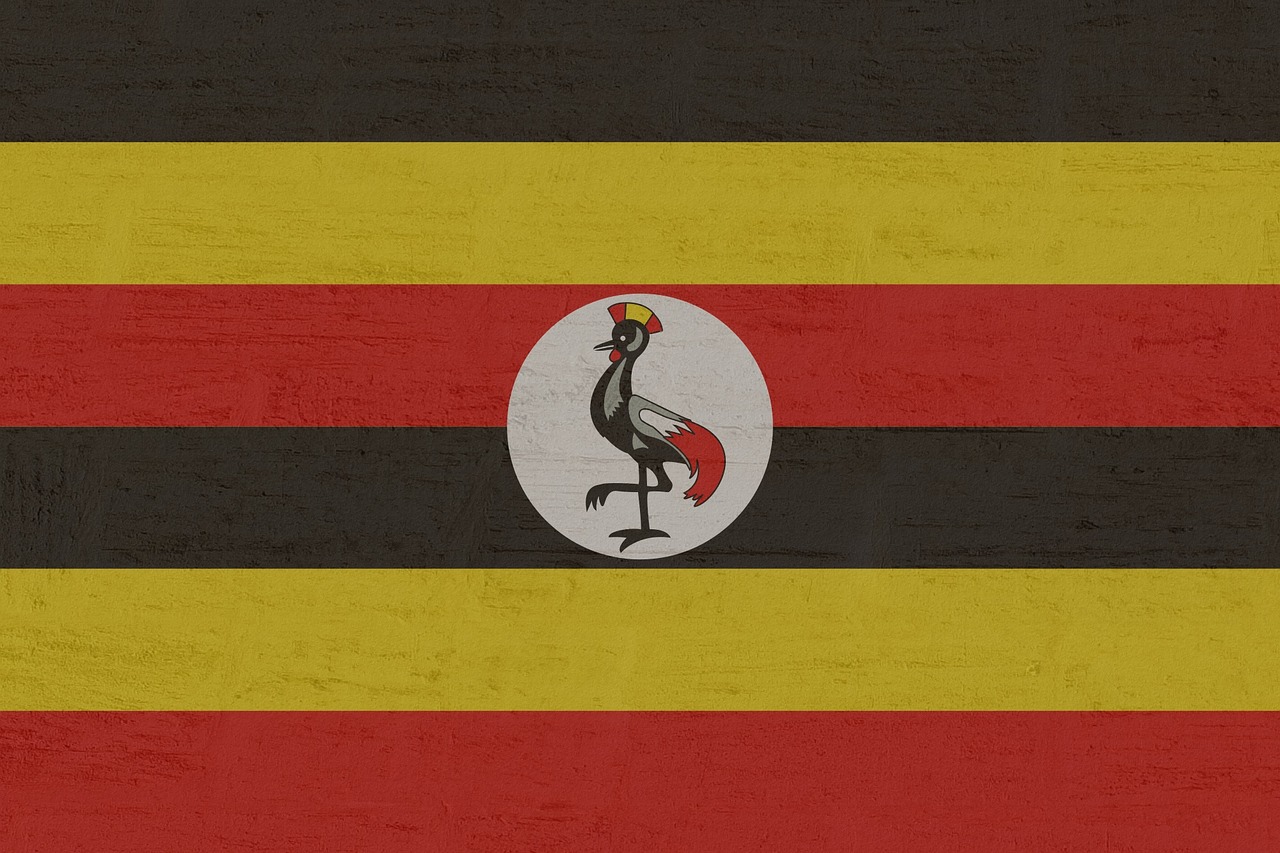Kilmar Abrego, the migrant whose wrongful deportation to El Salvador made him a symbol of President Donald Trump’s hardline immigration policies, was again detained by U.S. Immigration and Customs Enforcement (ICE) officials in Baltimore on Monday while facing potential deportation to Uganda.
The 30-year-old sheet metal worker was taken into custody during a scheduled 8 a.m. appointment at the ICE field office, just days after being released from criminal custody in Tennessee where he had pleaded not guilty to charges of transporting migrants living illegally in the United States.
Homeland Security Secretary Kristi Noem confirmed the arrest and stated ICE is processing Abrego for deportation to Uganda, marking the latest development in a case that has highlighted the administration’s aggressive immigration enforcement strategies.

Legal Battle Mounts Over Deportation Destination and Constitutional Rights
Abrego’s lawyer, Simon Sandoval-Moshenberg, immediately decried the detention as unconstitutional weaponization of the immigration system, telling reporters outside the Baltimore facility: “They’re holding Costa Rica as a carrot and using Uganda as a stick”.
The government has offered to deport Abrego to Costa Rica—a Spanish-speaking Central American country similar to El Salvador—if he pleads guilty to the transportation charges, while maintaining that without a guilty plea, he could be removed to Uganda, which his lawyers describe as “far more dangerous” in court documents filed Saturday.
This dilemma represents what legal experts characterize as an extraordinary use of immigration consequences to leverage criminal pleas, raising serious due process concerns under the Fifth Amendment.
The Case History: From Wrongful Deportation to Criminal Charges
Abrego’s case began when he was wrongfully deported to El Salvador in March despite a 2019 U.S. immigration court ruling that he not be sent back to his native country due to documented risk of persecution by gangs. After spending time in CECOT, a Salvadoran mega-prison known for harsh conditions and human rights abuses, Abrego was returned to the United States in June to face criminal charges.
His lawyers have filed a motion asking Nashville-based U.S. District Judge Waverly Crenshaw to dismiss the charges, arguing he was “vindictively and selectively” prosecuted in retaliation for challenging his previous deportation. Judge Crenshaw previously affirmed an order for Abrego’s release from pre-trial custody, finding he was neither a danger to the community nor a flight risk.
Why It Matters
The case highlights ongoing tensions between immigration enforcement and constitutional due process rights, which the Supreme Court has reaffirmed apply to all people within U.S. borders regardless of immigration status. Abrego’s lawyers have filed a federal lawsuit in Maryland seeking an order preventing his deportation to any country without the opportunity to contest the destination, leveraging a standing order in Maryland that prevents immigrants challenging their deportations from being immediately removed.
Greenbelt-based U.S. District Judge Paula Xinis had previously ruled that authorities cannot deport Abrego to a country other than El Salvador without providing his lawyers 72 hours’ notice to challenge the removal.
On the other hand, the case has drawn significant attention due to the Trump administration’s months-long failure to return Abrego despite acknowledging his deportation as an “administrative error” and a federal judge’s order to facilitate his repatriation.
Abrego had been living in Maryland with his wife, their child, and her two children before his initial deportation, and his family accompanied him to the fateful ICE appointment Monday only to leave without him 45 minutes later.

















